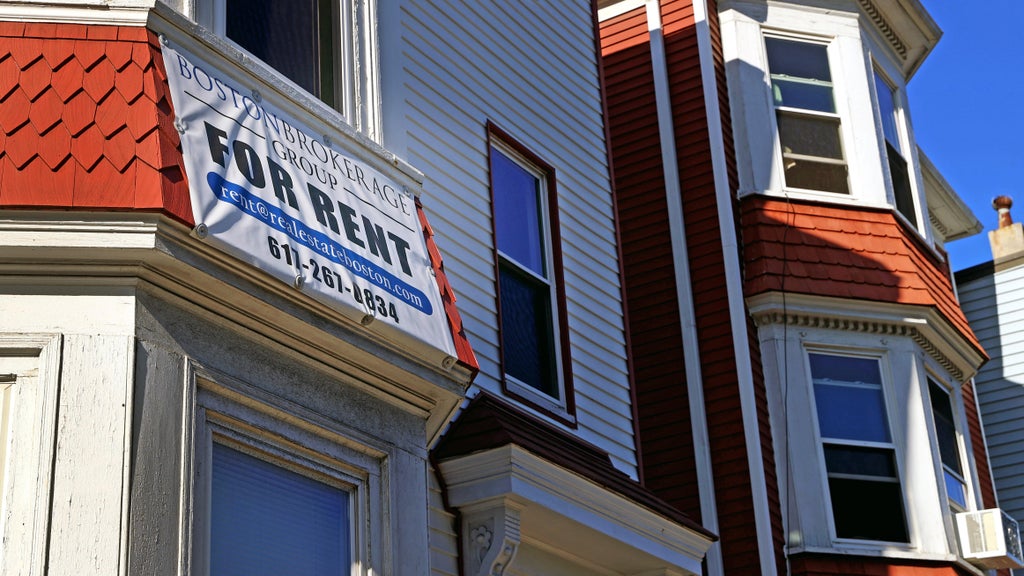Supporters of rent control in Massachusetts claim they have gathered sufficient signatures to place the issue on the 2026 ballot. The initiative aims to address the pressing issue of housing affordability, which affects many families across the state. While proponents believe this measure will alleviate the housing crisis, some groups caution that it may exacerbate the situation.
The campaign, led by Homes for All Massachusetts, asserts that it has collected over 124,000 signatures, surpassing the required number to qualify for the ballot. The deadline for submission was Wednesday, and the signatures now need verification by local election officials before being forwarded to the secretary of the Commonwealth by December 3, 2023.
According to Rose Webster-Smith, director of Springfield No One Leaves, the high cost of rent is displacing essential community members, including workers and seniors. She stated, “Everywhere we went, we heard about how high rents are displacing workers and seniors from our communities, forcing people to work multiple jobs just to pay the rent, and making it impossible for young families to save money to achieve the dream of owning a home.” Webster-Smith emphasized that winning rent control on the ballot next year could help maintain Massachusetts as a viable place for all its residents.
The proposed ballot initiative seeks to limit rent increases statewide to a maximum of 5%, using current rent levels as of January 31, 2026 as the baseline. Notably, owner-occupied buildings comprising four units or fewer would be exempt from these regulations, and new construction would be subject to rent limits only after a period of ten years.
Opposition to the proposal comes from multiple real estate organizations, including the Greater Boston Real Estate Board, the Massachusetts Association of Realtors, and NAIOP Massachusetts. In a joint statement, they criticized the initiative as the most restrictive rent control program in the United States, asserting that it would apply to every city and town throughout the Commonwealth. They argue that such measures would likely worsen the housing crisis and significantly decrease the availability of quality rental homes.
As the process moves forward, Massachusetts voters will have the opportunity to express their opinions on this important issue in the upcoming November election. The outcome could have significant implications for the state’s housing landscape, potentially shaping future policies and affecting countless residents.







